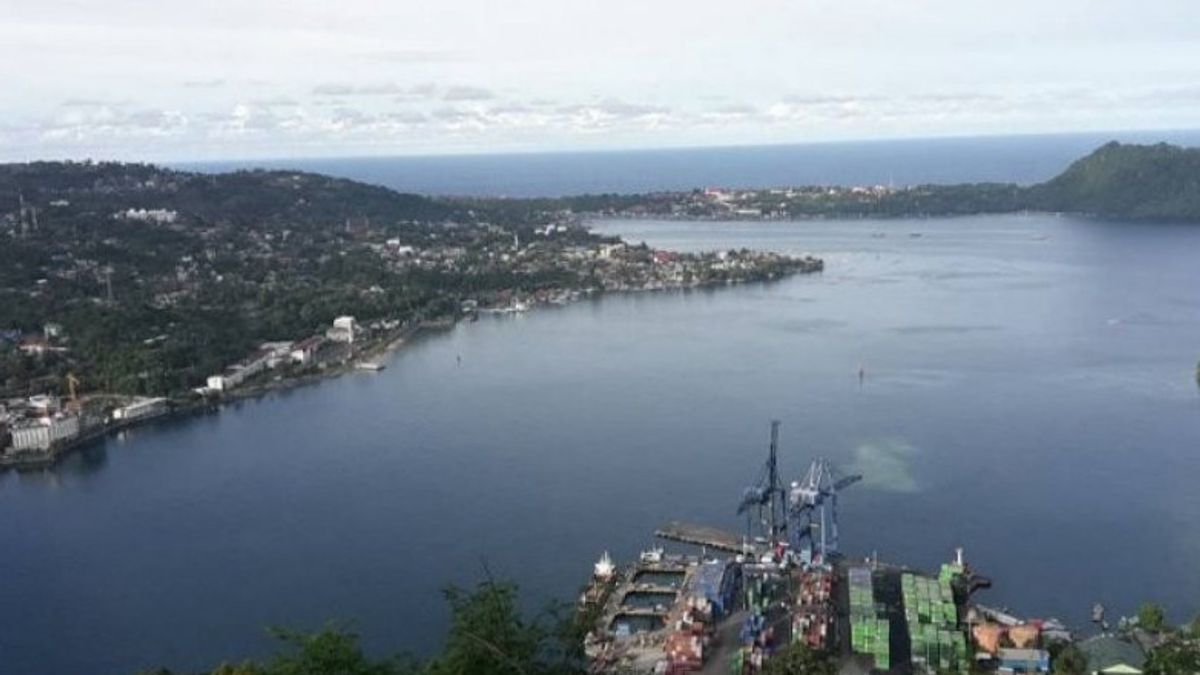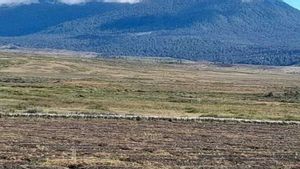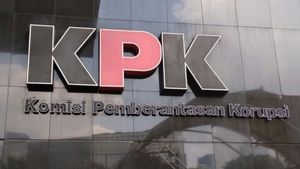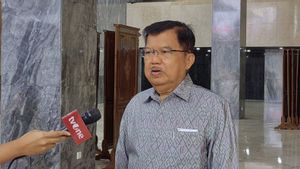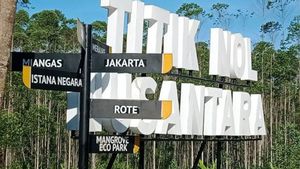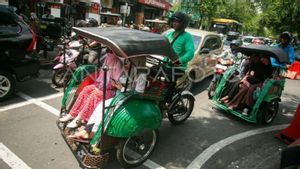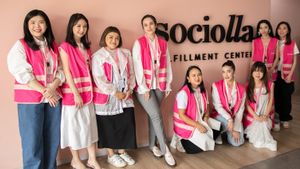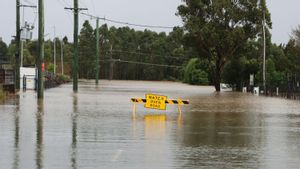JAKARTA - The Indonesian government and the United States government are working together to increase the capacity of civil servants in Papua and West Papua in preparing development programs, especially those using special autonomy funds (otsus).
This collaboration, which is under the USAID Collaboration program, aims to increase the effectiveness of the use of special autonomy funds so that the benefits are received by indigenous Papuans (OAP).
"The USAID Collaboration program is the result of collaboration with the Ministry of National Development Planning / National Development Planning Agency (Bappenas) supported by the people of the United States through the US International Development Agency (USAID). Since 2022, this program has been running in Papua and West Papua through two approaches, namely from the regional government (supply side) and the community (demand side)," said Chairman of the USAID Collaboration Program Caroline Tupamahu as reported by ANTARA, Monday, July 31.
He explained that USAID Collaboration is a program designed jointly by USAID, the Ministry of National Development Planning/Bappenas, and the Ministry of Home Affairs for the Papua region for 5 years, from 2022 to 2027.
"This program received USD 10 million from the United States Government through USAID, whose programs also involve Wahana Visi Indonesia (WVI), INFID, and Kitong Bisa Foundation (KBF)," said Caroline.
Since the program began in May 2022, the temporary realization of the USAID Collaboration as of June 2023 includes the completion of the preparation of two planning and budgeting modules, modulopolicy boots (increasing policy-making competencies).
The selection of 22 young Papuan local champions involved in the development planning deliberation (musrenbang) at the village and district levels, 57 local champions and cadres trained in the Community Voice and Action activities.
A total of 385 state civil servants (ASN) in Papua and West Papua received planning and budgeting training, 1,088 Papuans and West Papuans received education about special autonomy.
Meanwhile, 914 people from vulnerable groups in Papua and West Papua were benefited from the government program supported by the USAID Collaboration.
Caroline conveyed that from various programs carried out by USAID Collaboration, there are four main objectives, namely increasing local government capacity, creating modules and planning and budgeting curriculum, encouraging the involvement of residents in the development process.
This includes supporting education and training for planners in government and students in Papua.
Some of the programs that have been running include training for planners (training of trainers for planners) which were attended by ASN at the Regional Development Planning Agency (Bappeda) and related agencies, coaching indigenous Papuans who were selected as local champions so that they actively participate in development.
Then the apprenticeship in Bappenas and related ministries/agencies, the development of the SDG Center Universitas in Papua and West Papua campuses, and the establishment of a technical assistance team for local governments.
اقرأ أيضا:
In the same press conference, one of the ASN in Papua who received the training, Fransina Kaaf, said that she had completed a series of planning and budgeting trainings from the Collaborative USAID so that she was currently involved as a speaker.
"The current special autonomy rules have changed, not everyone understands the changes. So initially, we were trained to understand the new Otsus regulations, then we were facilitated to train other regional apparatus organizations (OPD) so that they can make good, timely and targeted planning," said Fransina, who is currently serving as Head of the Special Autonomy Evaluation and Reporting Sub-Section at the Special Autonomy Administration Bureau of the Special Autonomy Implementation Secretariat of the West Papua Province.
Caroline, when met after a press conference, conveyed that the training program and competency improvement were planned to be expanded to the three newly formed provinces in Papua, namely Papua Mountains, South Papua and Central Papua.
"The plan is starting October (2023)," he said.
The English, Chinese, Japanese, Arabic, and French versions are automatically generated by the AI. So there may still be inaccuracies in translating, please always see Indonesian as our main language. (system supported by DigitalSiber.id)
